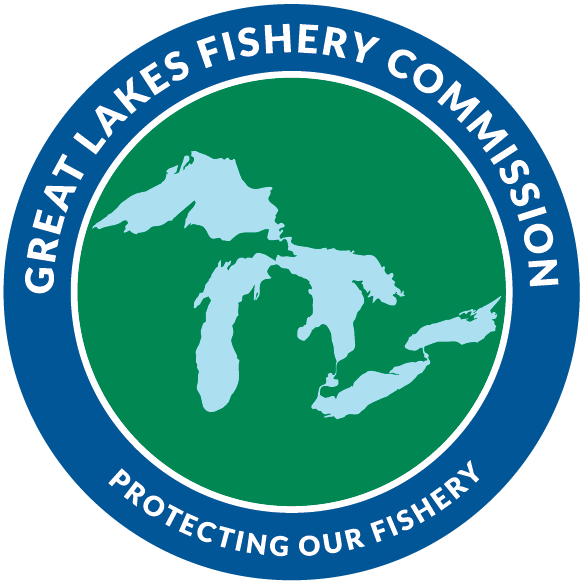Theme overview
Investigations that explore the influence of physical processes on fish recruitment have become commonplace in marine ecosystems, likely because they have improved the ability of agencies to both understand and predict recruitment. Because (1) the Laurentian Great Lakes share many of the same physical attributes of marine systems, (2) the ecologically and economically important fishes (e.g., percids, clupeids, coregonines) of the Great Lakes have life-history attributes similar to pelagic and coastal marine fishes, and (3) recruitment variation in several Great Lakes fisheries has been shown to be regulated by physical processes, this research theme has strongly encouraged the use of physical-biological coupling approaches in Great Lakes fisheries applications (see theme paper by Ludsin et al. 2014). For these same reasons, this theme has also encouraged more interaction between marine and freshwater recruitment scientists, with the hope that knowledge transfer between these groups would benefit fisheries management in both types of ecosystems.
The research being encouraged by this theme supports several Council of Lake Committee (CLC) Research Priorities, including: 1) What are the stock/spawner-recruitment relationships in desired fish populations?; 2)What are the limiting factors and causes leading to reduced or lost recruitment of desired fish species and what are the solutions to remedy this lost recruitment?; 3) What are the spatial and temporal dynamics of invasive species in Lake Erie and what are their impacts on desired fisheries productivity and yields?; and 4) How can we best monitor, manage, and maintain optimum mesotrophic conditions in the west, central and nearshore east basins of Lake Erie? This latter question relates specifically to an Ecosystem Conditions Objective of the CLC.
Theme paper
Theme leaders
Theme leaders are available to be contacted to discuss potential research proposals and their relevance to theme area priorities.
Fisheries and Oceans Canada
Great Lakes Laboratory for
Fisheries and Aquatic Sciences
867 Lakeshore Road
Burlington, ON L7R 4A6

